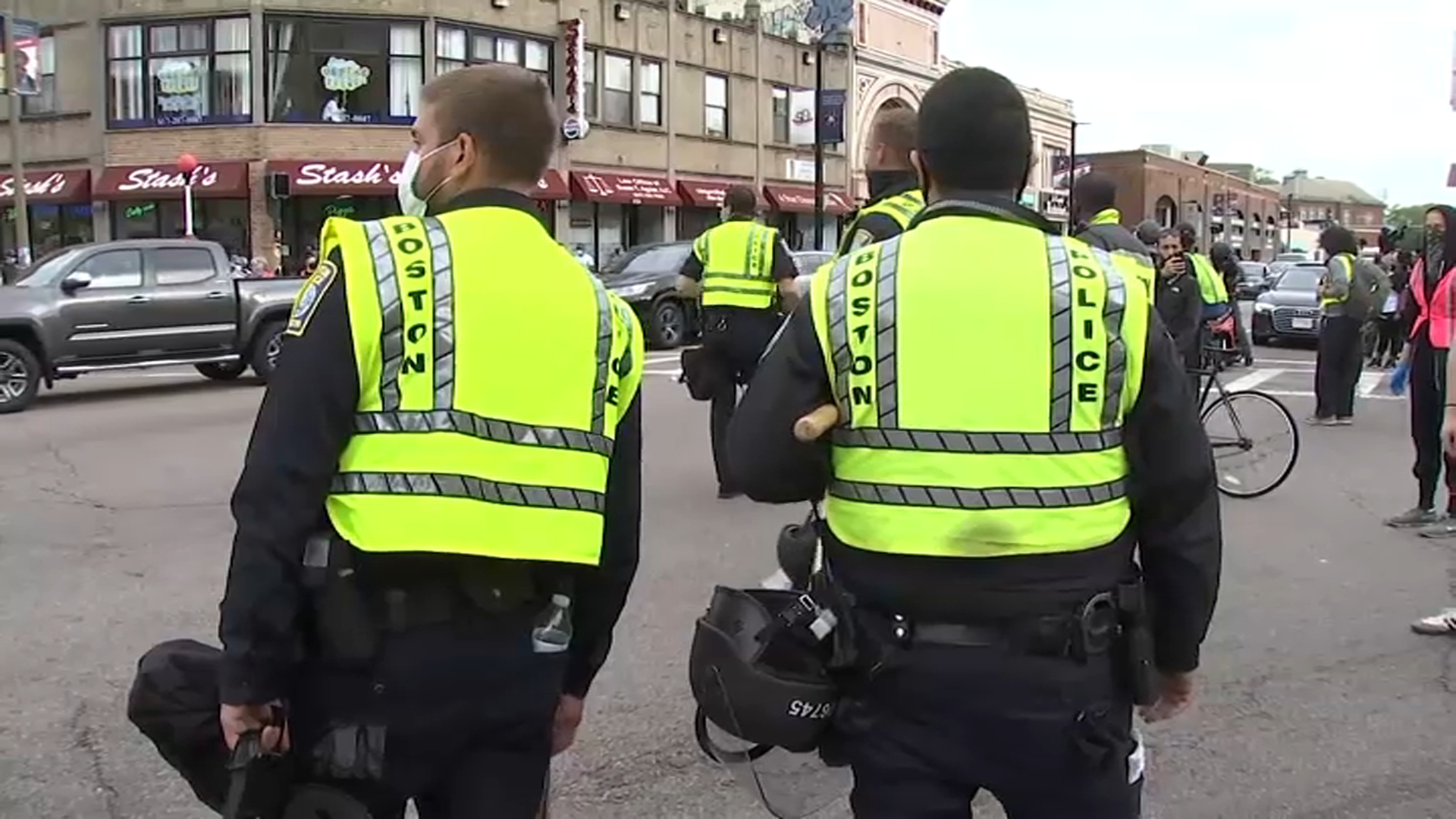
In its first annual report, the POST Commission laid the groundwork for a series of future regulations for police officer conduct, including outlining circumstances when law enforcement personnel might be denied recertification that allows them to do their job.
Officially known as the Massachusetts Peace Officer Standards and Training Commission, the body has already issued regulations tied to the use of force by law enforcement officers, how law enforcement agencies can process complaints against officers, and the structure of hearings for certification and disciplinary actions, among other guidance tied to de-escalation techniques and the body's internal rules.
But the the newly filed report indicates more policies and employees are needed to bolster the work of the POST Commission. The body was created through the state's 2020 police reform law to standardize training and certification requirements, as well as streamline the process for investigating misconduct allegations and disciplining officers, including decertifying them.
"The mission of POST as provided in the statute comes at a critical time and is both broad and ambitious. The tasks are critical because every one of the approximately 20,000 peace officers in the Commonwealth is in some form (large or small) affected by the work that POST undertakes," Margaret Hinkle, chair of the commission, wrote in the report. "Enhancing trust between law enforcement and the communities they serve is at the heart of our mission."
The nearly 30-page report spans the start of the POST Commission on April 1, 2021, through Dec. 31, 2022.
About 1,200 new officers have been certified by the commission, with another 8,800 law enforcement officers recertified and notified, according to the report. To be certified, police officers must be at least 21 years old, earned a high school degree or equivalent, completed a basic training program that's approved by the Municipal Police Training Committee, passed a physical and psychological exam as well as a background check, and be of "good moral character and fit for employment in law enforcement," among other criteria.
As of Dec. 31, the Post Commission had received 1,845 total complaints about police officer conduct, with the vast majority -- 1,586 -- coming from law enforcement agencies and more than 100 from Massachusetts residents.
More than one dozen officers were suspended immediately as of Jan. 3 due to being arrested, or charged or indicted for a felony, with the report naming all the individuals. Meanwhile, two dozen law enforcement officers have been suspended as of March 20, according to the most recent data on on the commission's webpage..
The Division of Standards, which receives and handles certain misconduct allegations, said a "primary goal" for the coming year is to hire more attorneys, investigators and support staff to fulfill the legal obligations of the POST Commission. More staffers would also help the division monitor information in POST Commission databases, which can be used to gauge patterns of misconduct, according to the report.
There are currently eight attorneys and investigators on staff, and a new compliance agent will soon join the commission, said spokeswoman Cindy Campbell. The goal is to add another compliance agent and enforcement counsel, she said.
Building upon its "extensive regulations" for disciplining officers, the commission intends to continue collaborating with the Municipal Police Training Committee to revise use-of-force regulations. The commission, according to the report, is also interested in issuing regulations addressing the initial certification of new officers and constables, creating audit procedures, and providing more trainings and advisories for laws connected to its mission.
The Legislature allocated $5 million in initial funding to the POST Commission in 2021, meant to handle expenses for part of fiscal 2021 and all of fiscal 2022. The commission spent about $95,700 in fiscal 2021 and nearly $2 million in fiscal 2022, with most funds covering employee compensation, the report said.
The $2.9 million in unused funds will now cover what the commission described as an "extensive case management system designed to support mission-critical processes," according to the report. Work on the permanent database-- including transferring old data -- will span another two to three years, after the commission began the project to help process investigations in August 2022.



